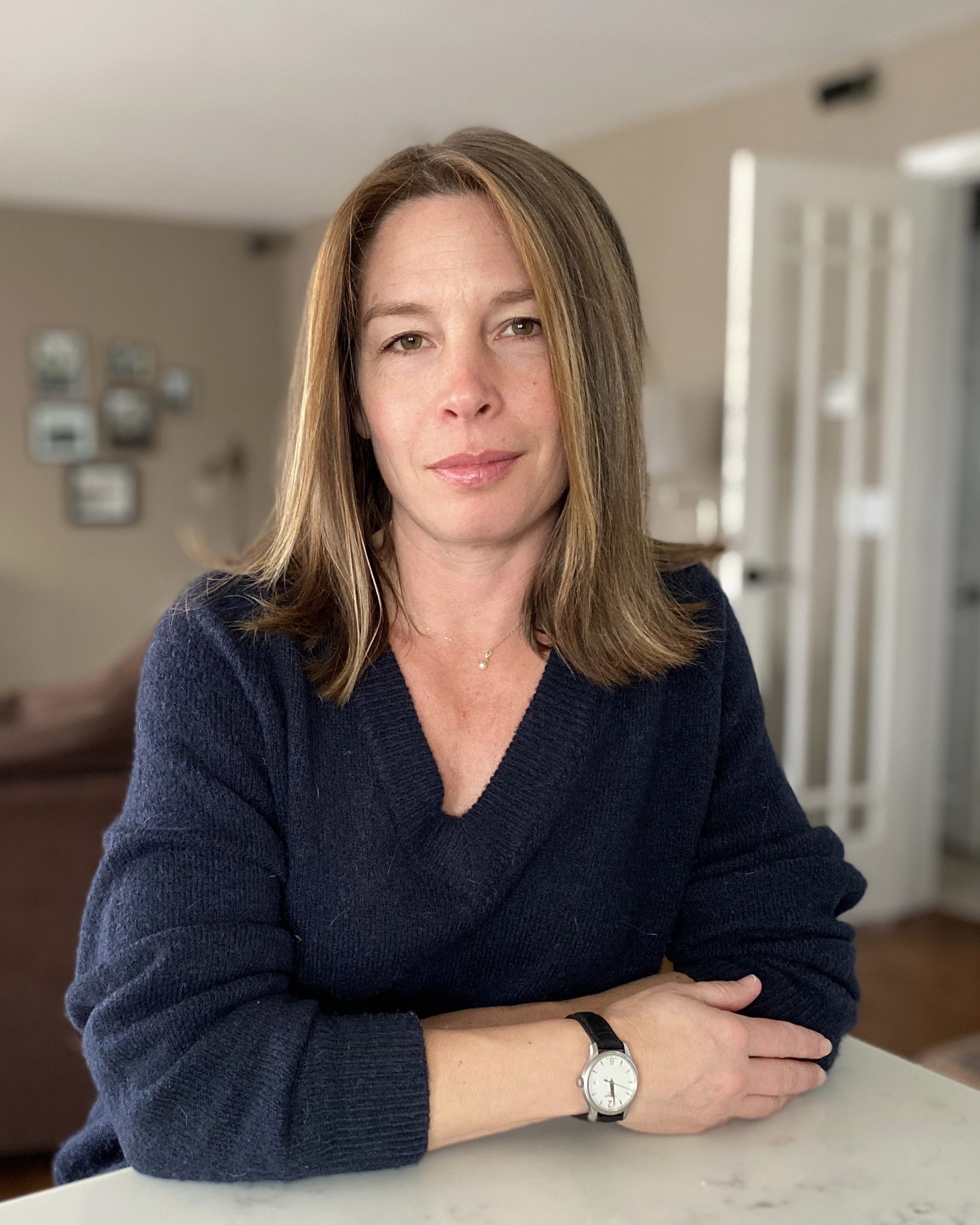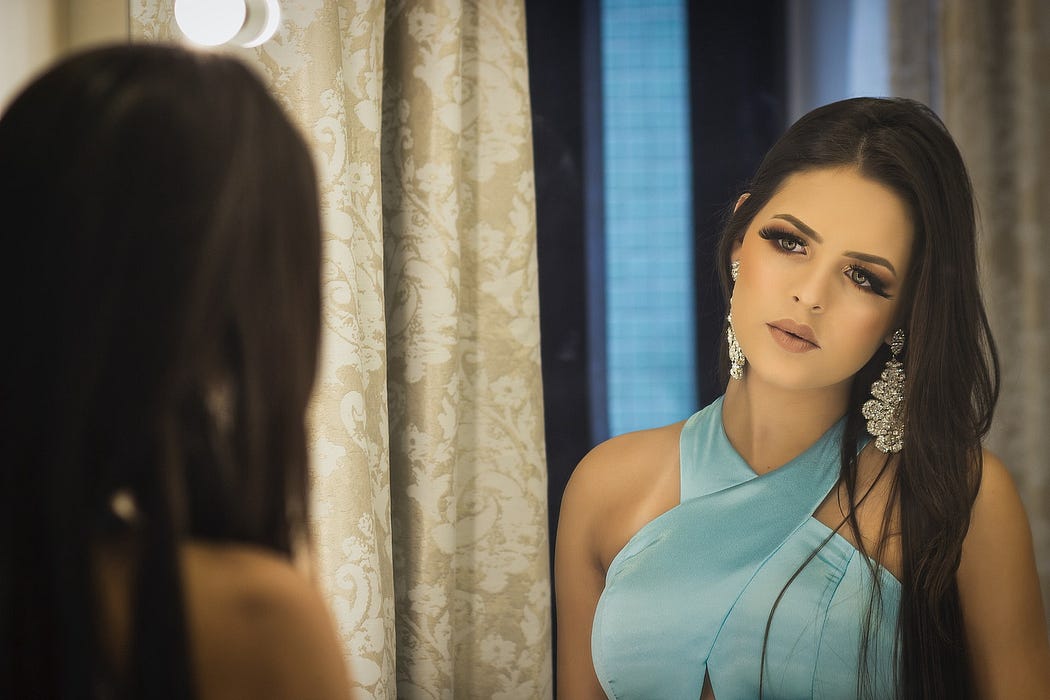The guy and Burn Notice stand at the sister’s hospital bed. She has tubes in her face and she’s unconscious.
“She used to be beautiful,” her brother says. “Look at her now.”
In case this doesn’t automatically strike you as an obscenely incorrect response, imagine someone walking up to a ravaged man in a hospital bed — from a car accident, say — with tubes in his nose and a machine tracking his oxygen levels and saying at his bedside, “He used to be so good looking. Now look at him.”
Implied: Now he’s nothing.
But we don’t talk about men like that in this country, do we.
I haven’t lived anywhere but the US since I was 19, so I can’t say how much or how little, or in what way, other countries emphasize/obsess over female beauty and whether or how those countries’ women are dealing with it.
All I know is this country. And I must say, this country’s women are trying to combat The Beauty Imperative in mind-bogglingly counterproductive ways, both little and big.
The little ways:
- “I am more than my body,” we say in a caption under a picture of our not entirely dressed body.
- “See past my weight,” we implore in a caption under a picture designed to show viewers whatever our weight may be, from soft curve to protruding bone.
- “Beauty isn’t my most important feature,” we insist in a caption under a well-lit photograph of our face hidden under makeup and filters.
The big way:
- “All women are beautiful,” we say. “However old, whatever weight, with or without makeup, or with or without hair [as long as we’re talking shaved bald and not a pattern thinning situation, obvs], WE ARE BEAUTIFUL because WE ARE WOMEN.”
The problem isn’t that we aren’t all beautiful, even though we aren’t all beautiful, inside or out (or, in some cases, inside and out).
The problem is that we — the ones who claim to want to be seen first as human beings with brains and valid opinions and established skills and leadership qualities and who want to be taken seriously when we speak or simply walk into a room rather than being assessed first and always by the shape of our hips or the size of our breasts or the smoothness of our skin or the symmetry of our face or our fuckability in general — are insanely stupidly expressing this desire to be taken seriously by demanding to be seen as beautiful, by leading with our looks.
I can’t remember seeing a single post on social media or one commercial designed to assure men of all ages and all sizes that, “Tut tut, honey, don’t worry, you’re still attractive.”
This is because men take for granted that they have value as human beings by virtue of their mere existence, and this is made most obvious by how infrequently (as compared to women) they present themselves as objects with the sole focus of being looked upon and judged as aesthetically appealing no matter what.
Can’t we do the same?
That’s not a rhetorical question. Seriously. Can’t we, for the love of god?
Edit/Update based on, and including, comments to this piece posted publicly on my Facebook page:
Comment:
In other societies (Scandinavian culture) women are valued in a more equal way. The outside isn’t the most valuable part of the package but it’s because these societies value community and equality and fairness above selfish immediate gratification. They speak differently, they raise their children differently, they conduct their societies differently. So can I as one single female have an impact on changing the focus to something other than my looks? I could try, but being the odd one out seems to get you heard even less. Others have tried and failed. It would need to be a movement so big and over such a period of time, that no, I think this country is stained. Others would have to want something for the benefit of society and not what they are selfishly getting out of it.
Another comment:
There’s a lot of inner work we have to do to separate our own sense of self from the sense of self society readily offers us. When we as individuals truly and deeply believe we add value to the world beyond our appearance, we can mirror that sense of worth to others. Sometimes embracing that belief is a lifetime of work.
And one more:
Because beauty conditioning begins the moment parents find out the gender, programming is embedded in autonomic parts of our brain attached to earliest fight or flight responses and therefore can never be completely expunged from existing female humans, hence the lifetime battle. Women on their deathbed are most often concerned with loved ones seeing whiskers unattended on their face and will refuse visitors is their bedside over it. Those concepts of self acceptance cannot be fully reprogrammed with rational means, because they predate the cognitive cerebral cortex development post language acquisition that allows us to navigate our minds. It’s too deep in areas of the brain we can’t access. All we can do is use Dialectical Behavioral Therapy techniques to develop counterprogramming to run when the bad programming automatically pops up, so the next generation doesn’t have to listen to that bullshit in their head forever. Real way to make it great it would be for women not to hear that crap before they’re age 6.
As individuals, then, it makes sense that it would be hard — or may not even occur to many of us as women — to see past our own appearance.
But could it hurt to fake it? To create Instagram or other posts that, frankly, mirror the posts men make — posts about what they’re doing or interested in rather than what their ass looks like or a picture of their stomach with a caption saying they’re not going to be ashamed of their stomach?
We can blame conditioning for a lot. A LOT. But as soon as we recognize it, isn’t it our responsibility to fight it?
Kristen Tsetsi is the author of the novels The Age of the Child, The Year of Dan Palace, and Pretty Much True.

Kristen Tsetsi is the author of the post-Roe v. Wade novel The Age of the Child, called “scathing social commentary” and “a novel for right now.” She is also the author of the novels The Year of Dan Palace and Pretty Much True (studied in Dr. Owen W. Gilman, Jr.’s The Hell of War Comes Home: Imaginative Texts from the Conflicts in Afghanistan and Iraq). Kristen’s interview series at JaneFriedman.com offers behind-the-scenes insights into all things writing and publishing.



